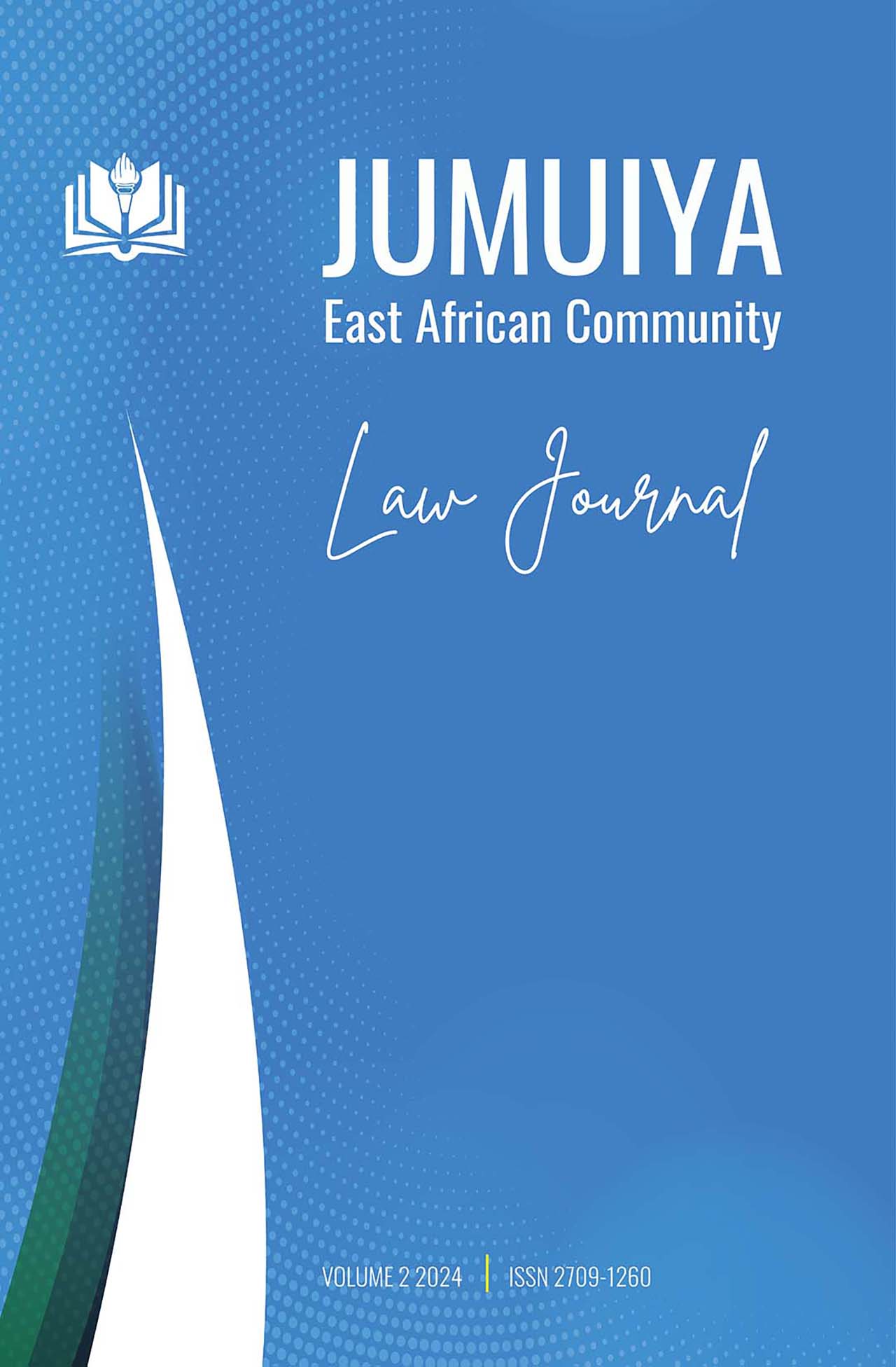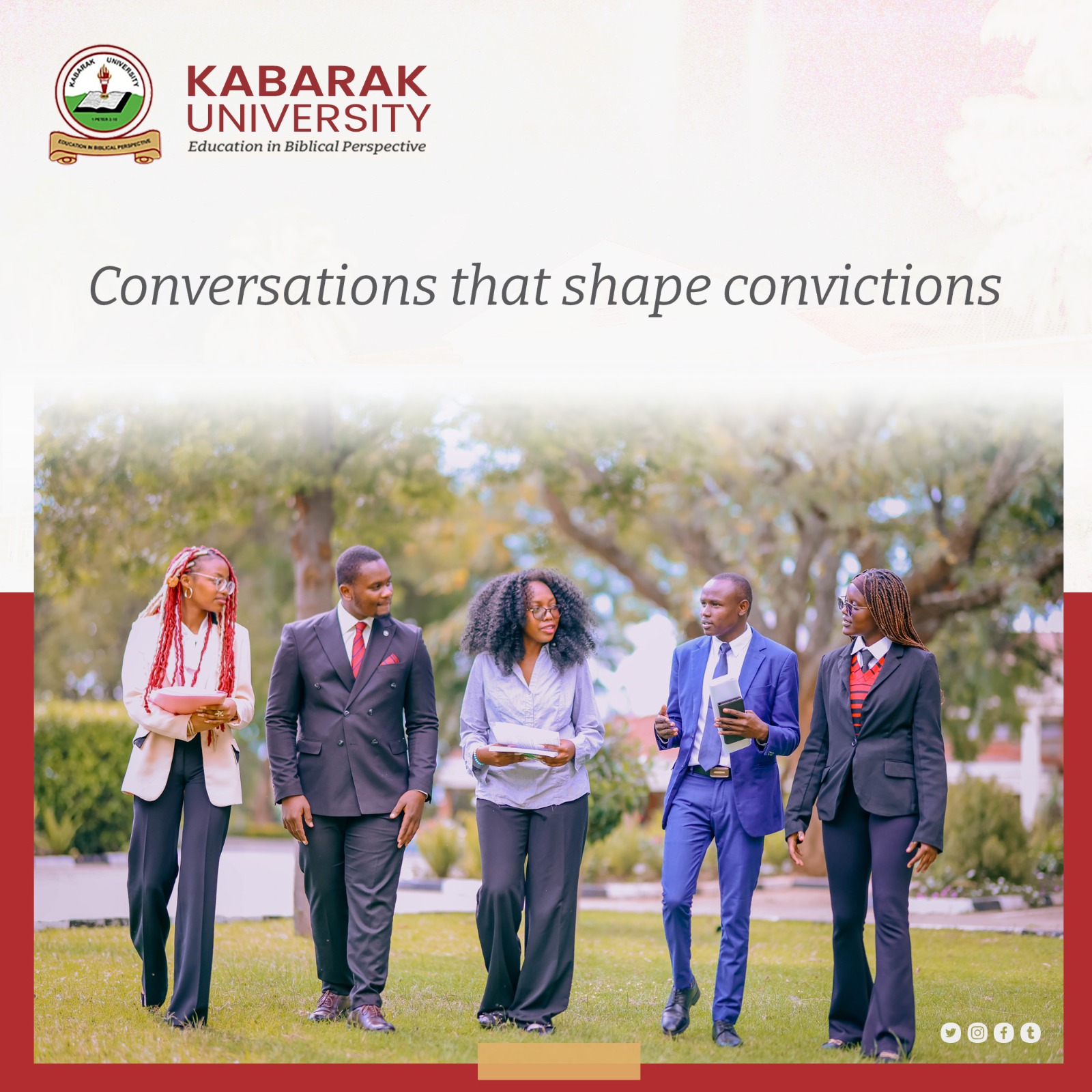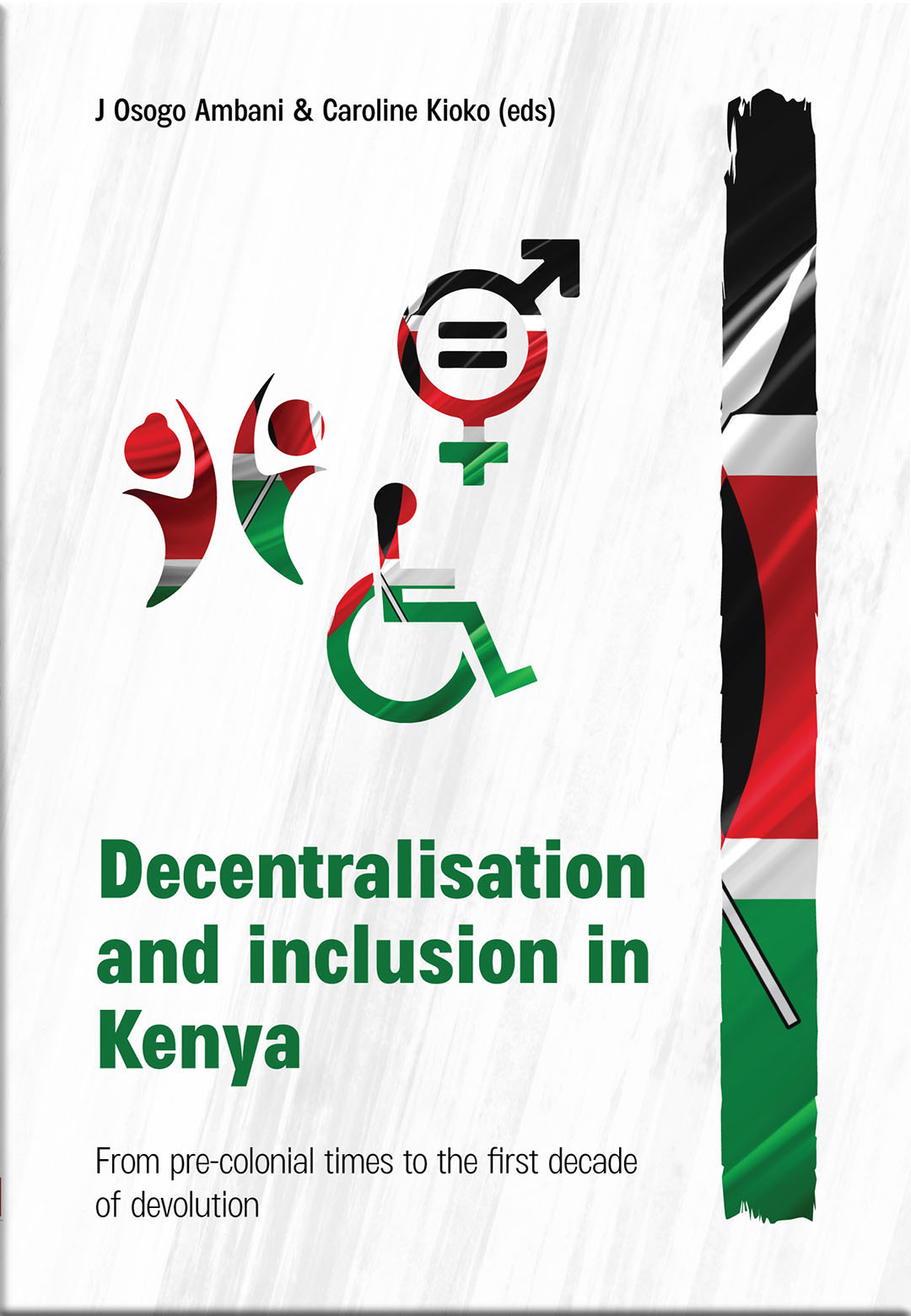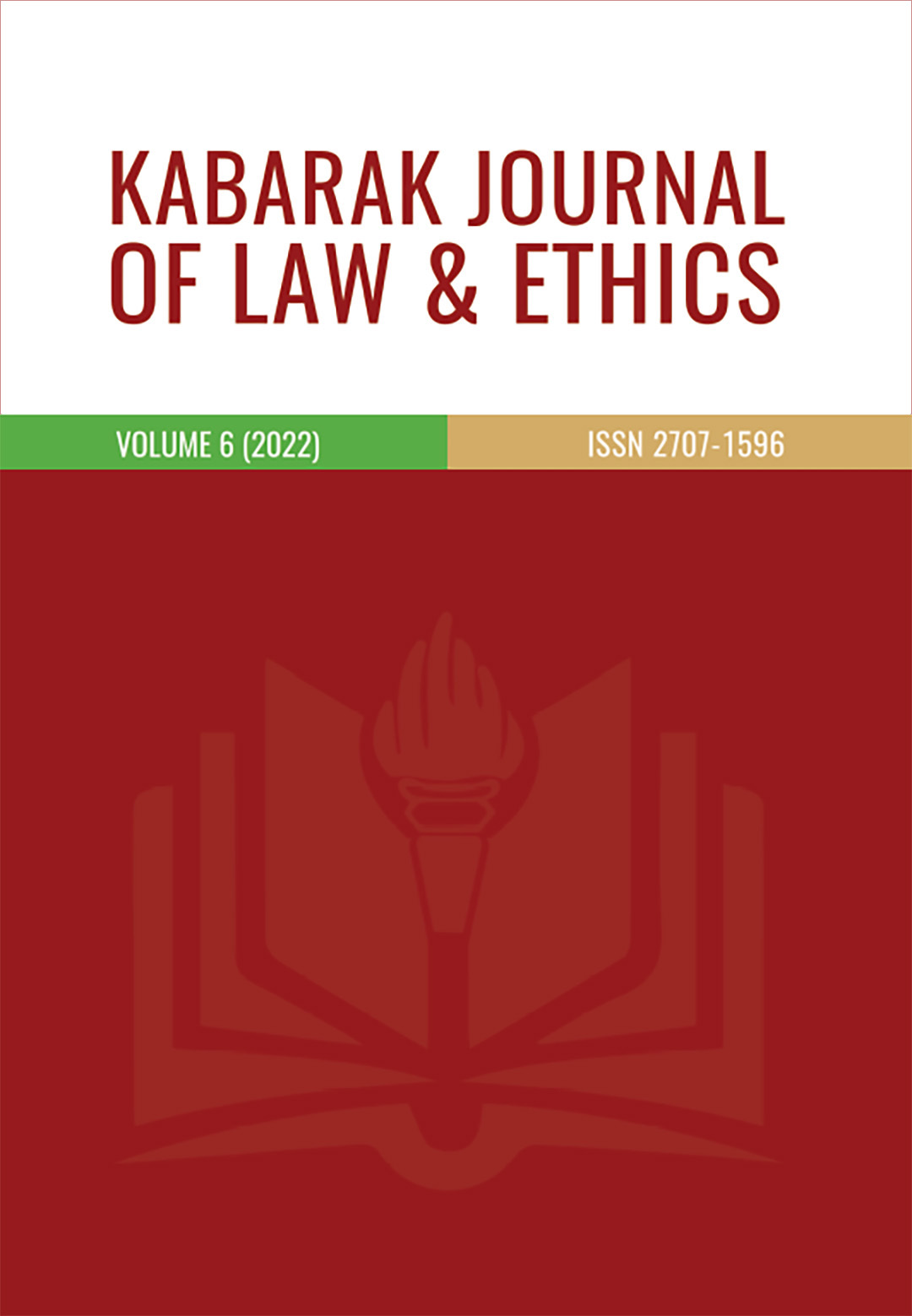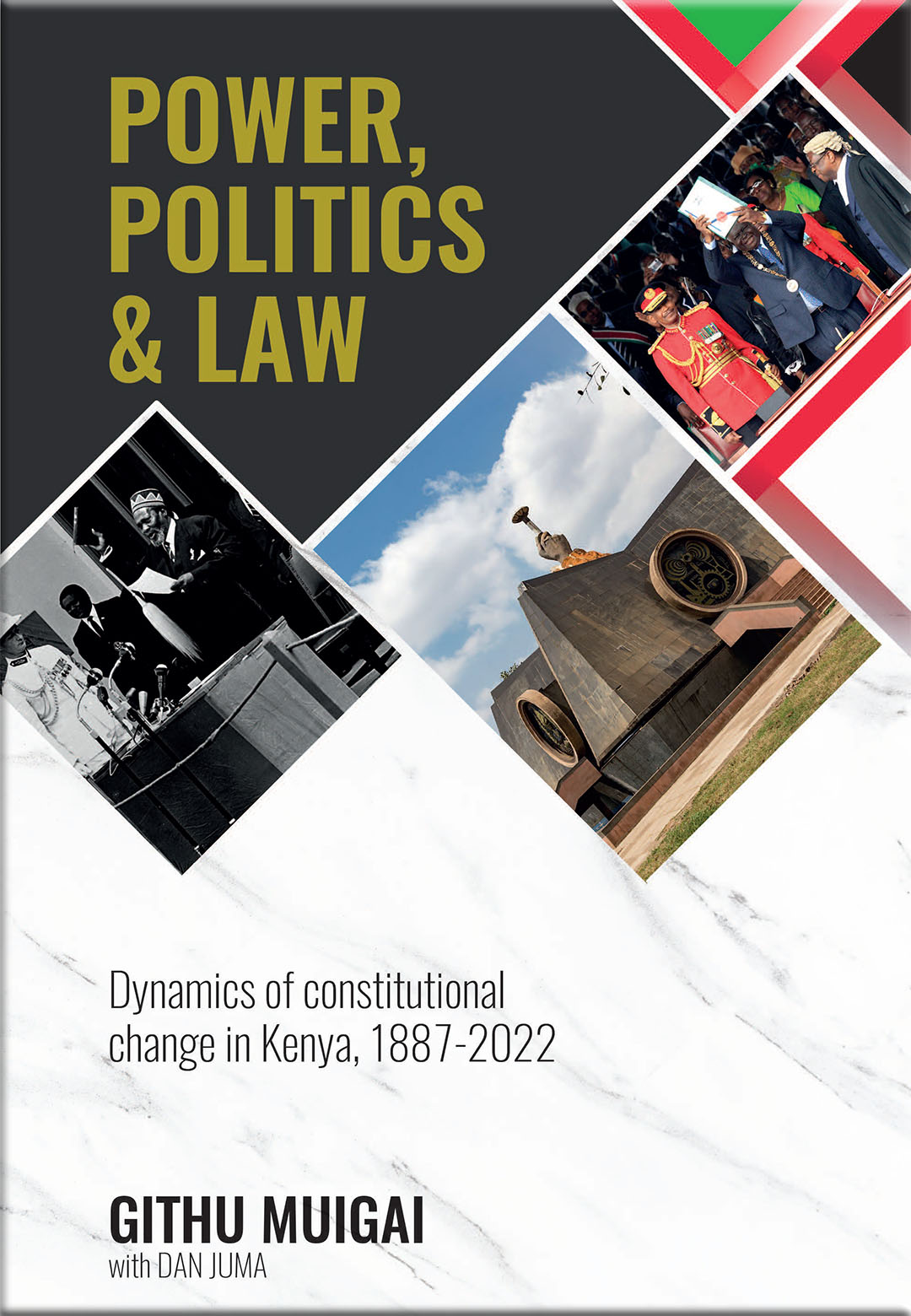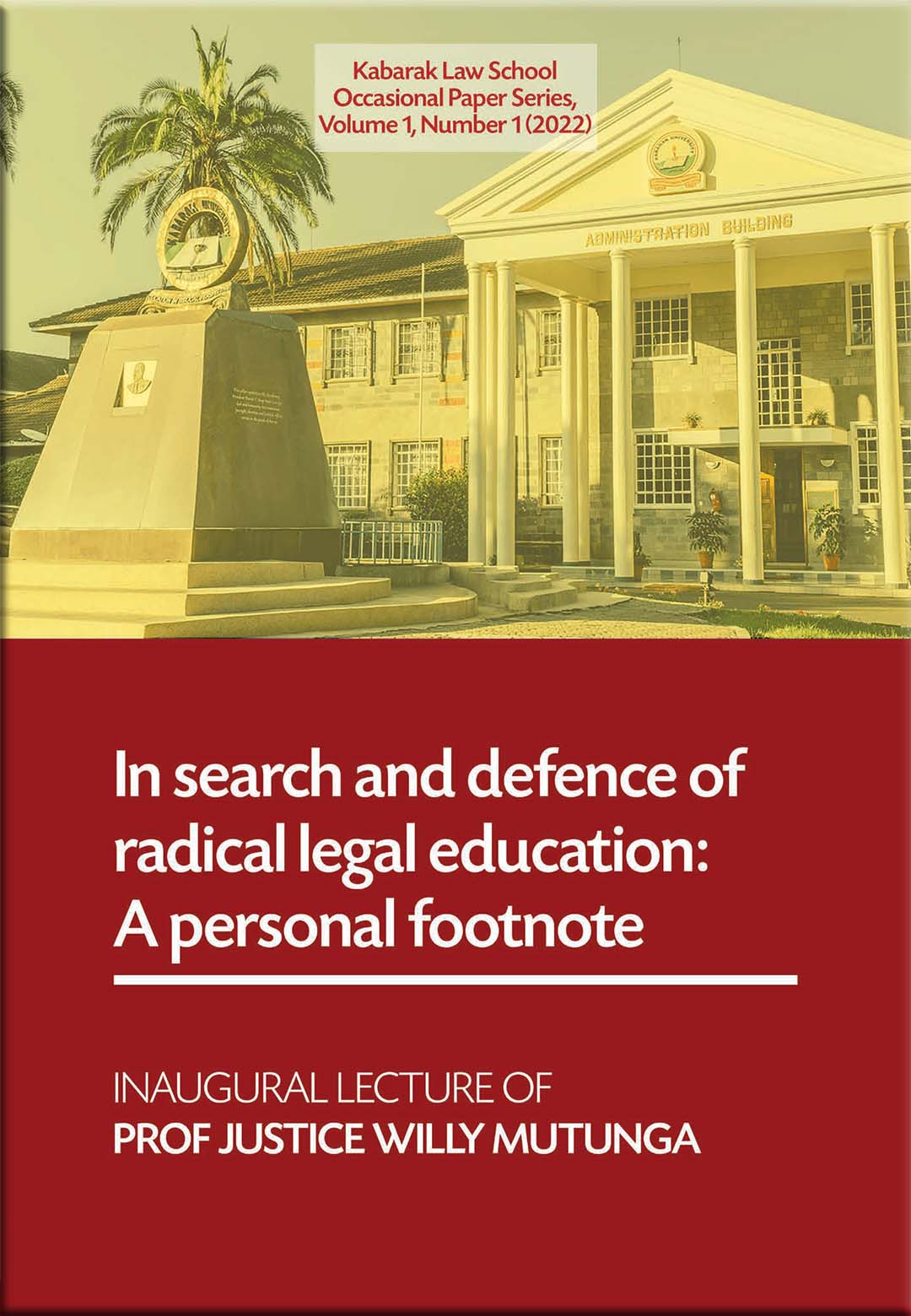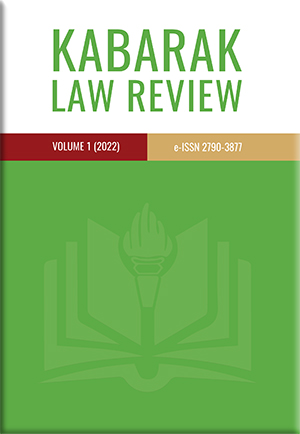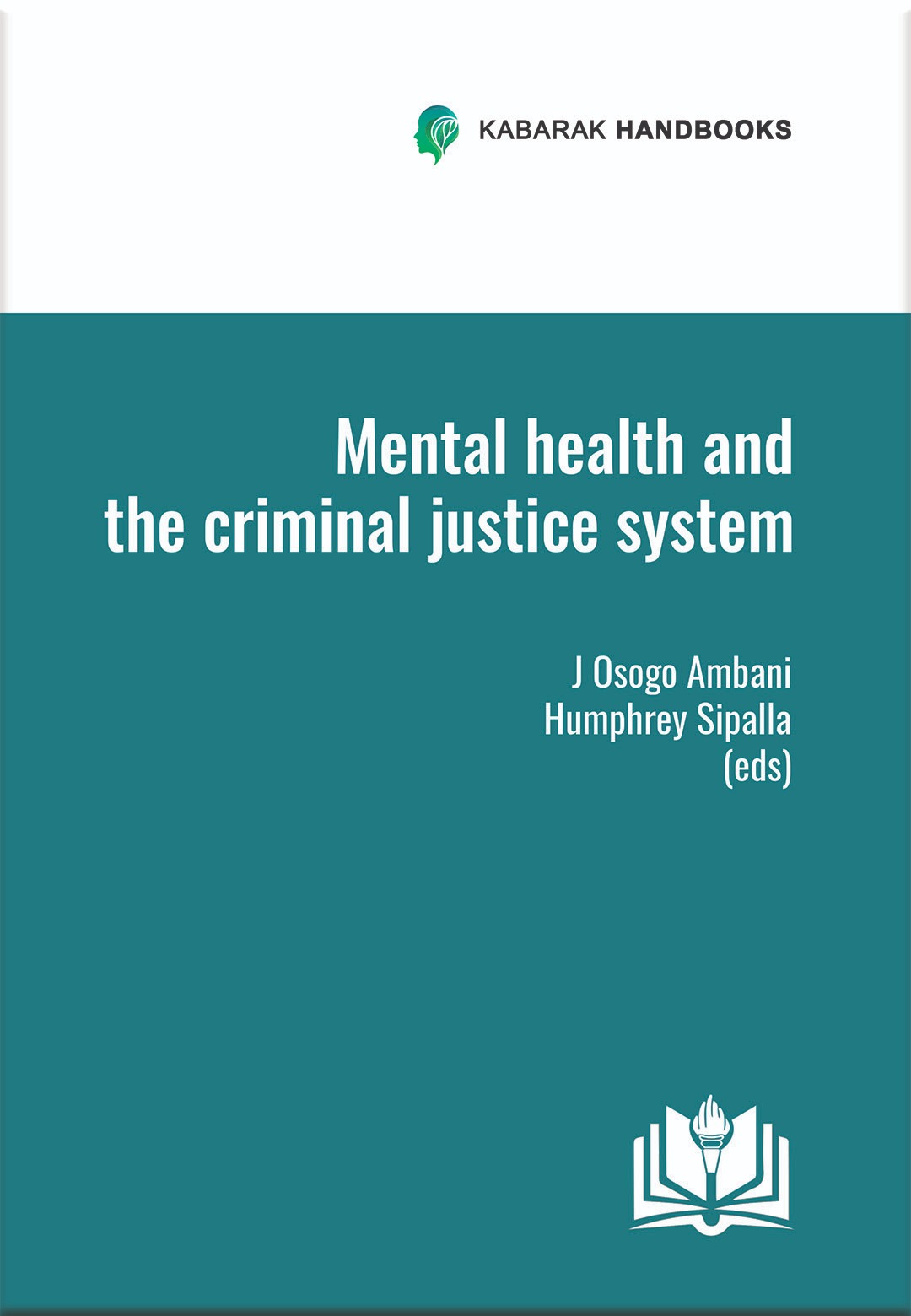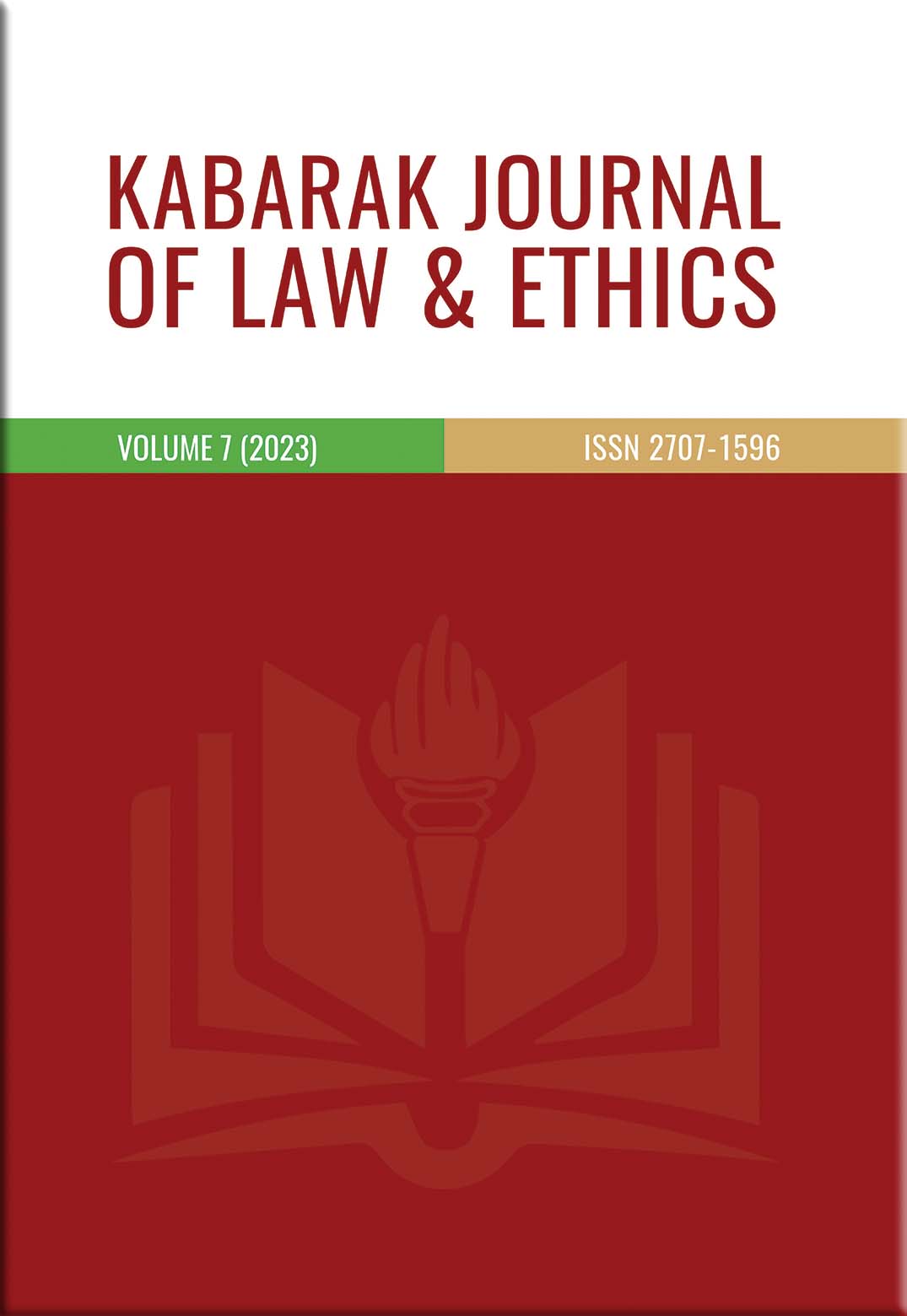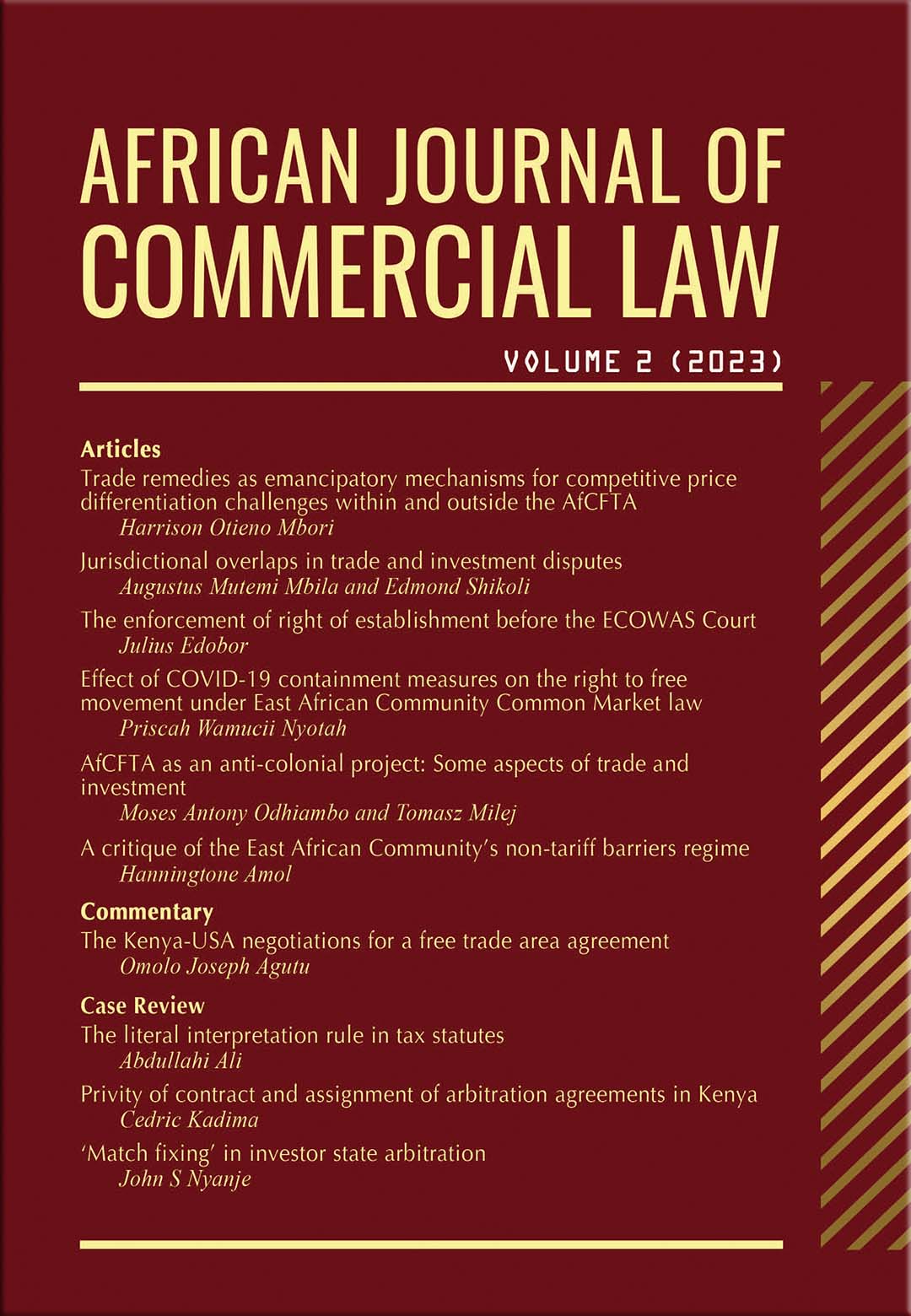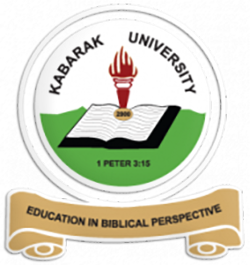Welcome to
Kabarak University School of Law
Kabarak University Law School stands as a beacon of excellence within Kenya and the broader Eastern Africa region, recognized for its commitment to imparting high-quality legal education, fostering groundbreaking legal research, and contributing to the realm of legal publications. Rooted in the overarching moral philosophy of Kabarak University, which espouses an education deeply rooted in a biblical perspective, the Law School has honed its distinct identity in the realm of good governance. Within this unique framework, Kabarak University Law School has emerged as a preeminent institution, known for its role as a cornerstone of Kenya's legal scholarship, particularly focusing on advancing the principles and practices of good governance. Read More...
The Kabarak School of Law exhibits a robust organizational structure comprised of six(6) vibrant and interrelated departments:















